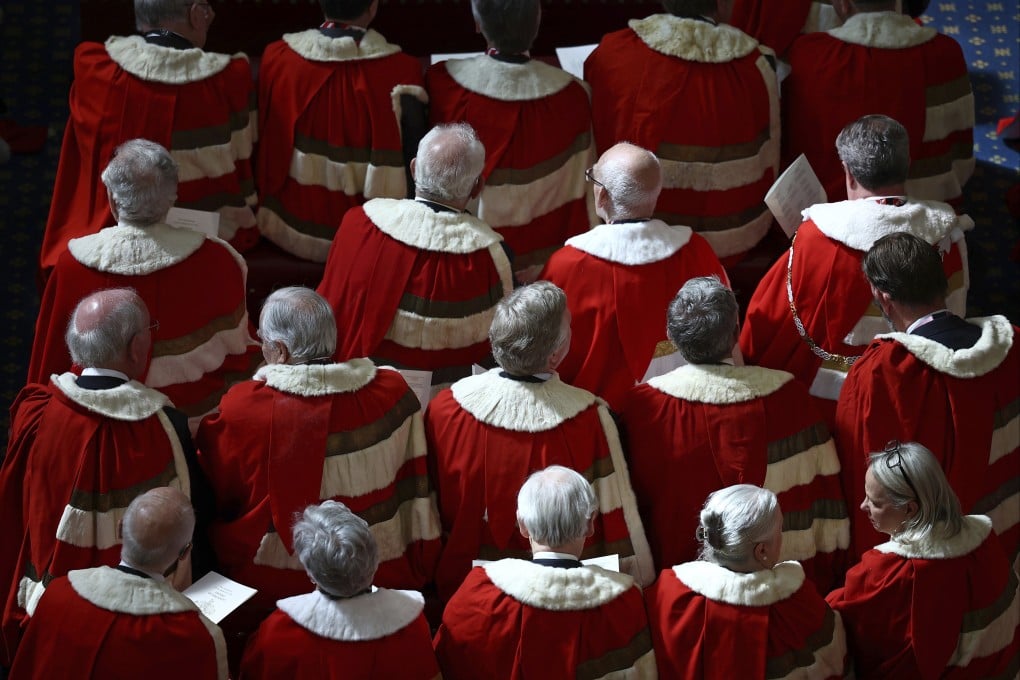Nobles have sat in Britain’s parliament for centuries. Their time may be up
UK lawmakers have voted to approve in principle a bill to strip hereditary aristocrats of the right to sit and vote in the House of Lords

Like his ancestors for centuries, the Earl of Devon serves in the British parliament, helping to make the laws of the land. But not for much longer.
UK lawmakers voted on Tuesday to approve in principle a bill to strip hereditary aristocrats of the right to sit and vote in the House of Lords after more than 700 years.
The Labour Party government says the decision will complete a long-stalled reform of parliament’s upper chamber and remove an “outdated and indefensible” relic of the past.
“In the 21st century, there should not be places in our parliament, making our laws, reserved for those who are born into certain families,” Constitution Minister Nick Thomas-Symonds said on Tuesday as he opened debate on the bill in the House of Commons.
He noted that Britain is one of only two countries – the other is Lesotho – with a hereditary element to its parliament.
But Lord Devon thinks it is risky to tinker with the UK’s unwritten constitution, which “has survived an awful lot of slings and arrows of misfortune over a thousand years”.
